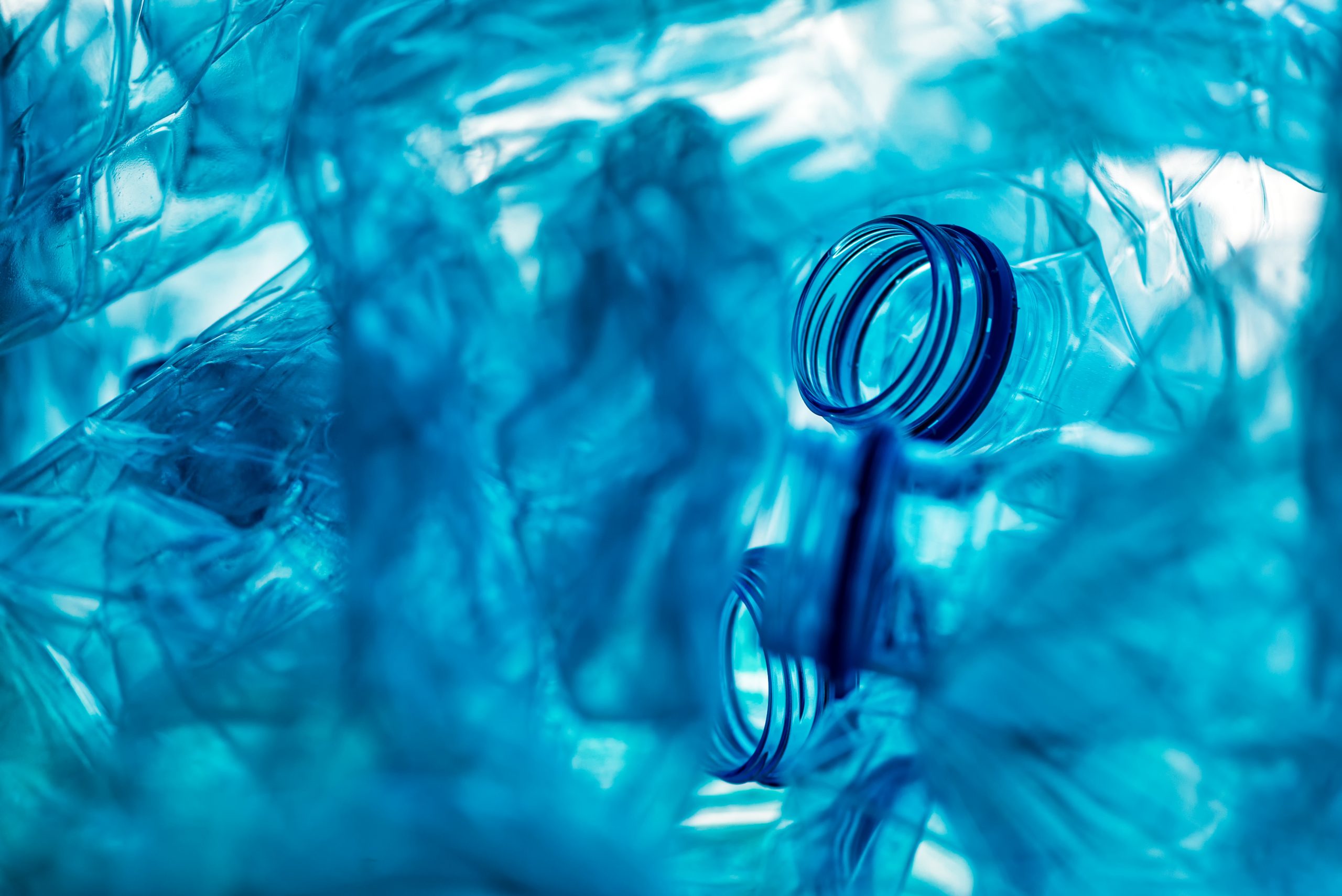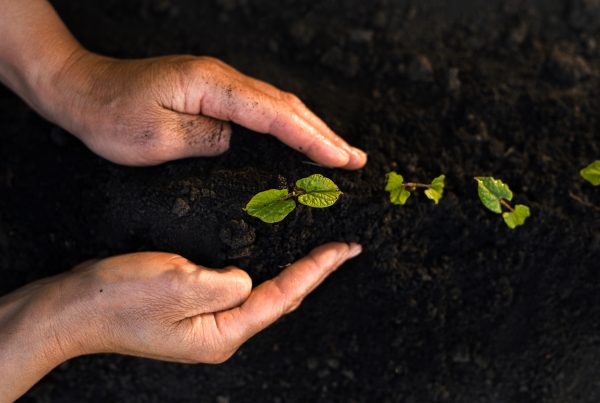It’s no secret that single-use plastic water bottles are bad for the environment.
In fact, discarded bottles are one of the worst offenders of plastic pollution. They clog up our waterways, are dumped into oceans and wash up on beaches worldwide.
Every year around the globe, hundreds of billions of plastic bottles are made and used. Aside from the carbon emissions from mass plastic bottle production, our negligent disposal habits are responsible for an obscene amount of non-compostable waste, which has a subsequent impact on the natural ecosystem.
A mindboggling 91 per cent of all plastic water bottles produced end up in landfills instead of being recycled after use. These binned bottles then take up to 1,000 years to break down, and as they do, they leak harmful chemicals into the surrounding environment.
While plastic water bottles are common in regions where clean, running water isn’t readily available, they are also popular for their convenience in many western nations. The United States, for example, consumes 1,500 plastic water bottles every second. And while it’s fast and efficient, our reliance on bottled water is not so convenient for the environment.
Adding to the irreparable impact this scale of plastic production has on the planet, there’s a secondary, lesser-known problem with single-use water bottles. After a certain time, the plastic can start leaching chemical compounds into the water inside. This process is exacerbated when the plastic bottle is refilled and used repeatedly or if left in hot conditions or direct sunlight.
If you look closely at a single-use bottle, you’ll notice it’s printed with an expiration date. This doesn’t relate to the water; it is for the plastic, which generally ‘expires’ two years after manufacturing. After this date, chemicals from the plastic may leak into the water, affecting its taste and smell.
While you’d be forgiven for assuming bottled water was a healthier option, there are ongoing studies about the effect ingesting these leached plastic chemical compounds has on human health. A 2018 study from the State University of New York in Fredonia found that more than 90% of the world’s bottled water contains microplastics, including nylon, polyethylene terephthalate (PET), polypropylene and polystyrene. On the other hand, water from the tap is subject to much more scrutiny and testing than bottled water, making it a safer option. For this reason, in addition to the plethora of environmental factors, refilling a reusable water bottle is a much better decision than single-use plastic bottles.
The first step toward changing our bottled water habit is to increase awareness about the harmful effects of single-use plastics on the environment and human health. Making simple, mindful choices, like refilling a stainless steel water bottle, will not only lessen the impact of the global plastic problem but also save you money and be a much healthier choice in the long run.




